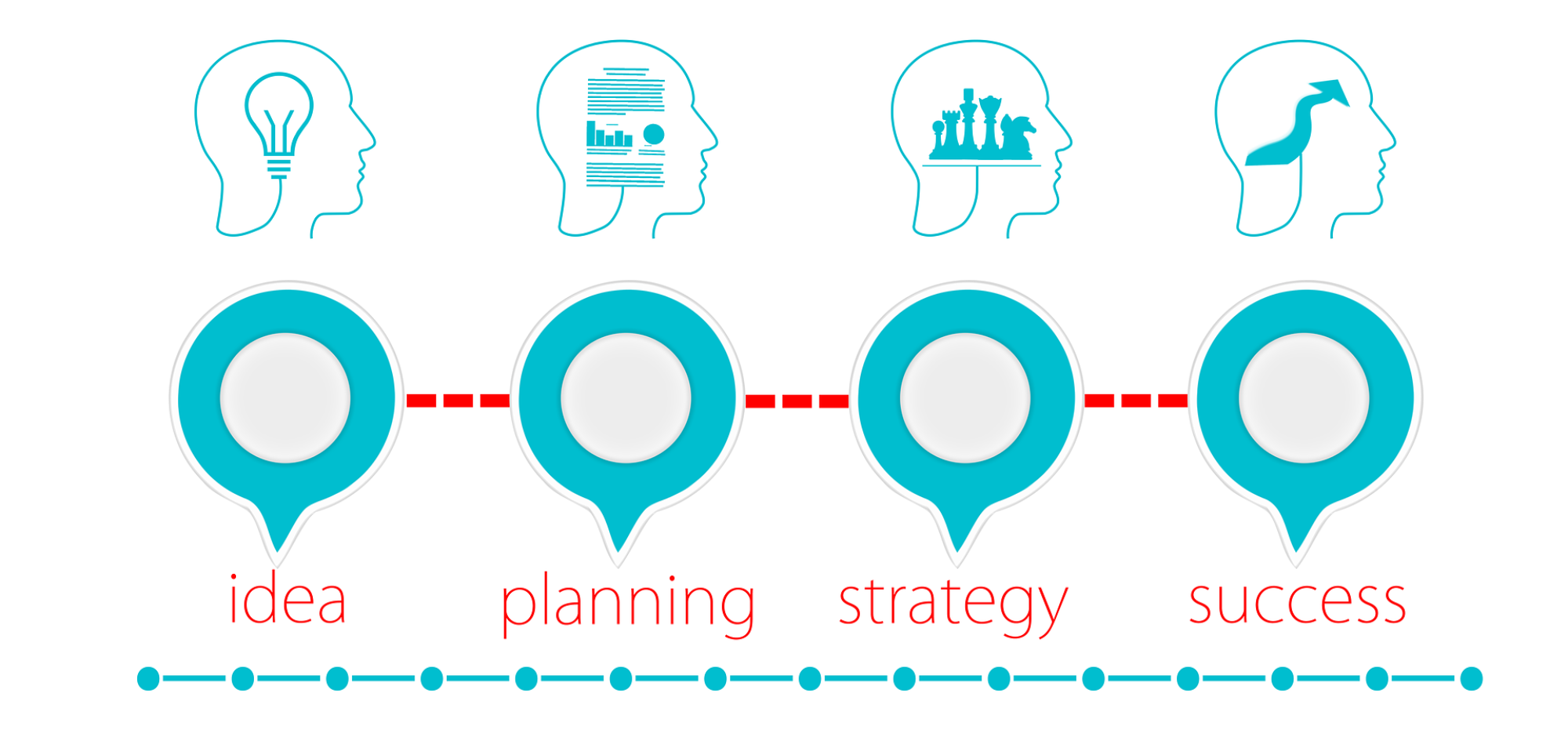Businesses can use any means possible to expand their company. One of the most effective ways to do so is by getting loans. Sometimes, those loans require a business to take on more risk than they’re comfortable with. Other times, the funds may not be available for investment as planned. For many small businesses, especially those operating out of their own home or office space, getting a loan from a bank or other financial institution is not an option.
A bridge loan is an extension of credit that’s provided to help get your company up and running as soon as possible after acquiring some equipment, setting up a new location, or starting production on your new product or service. The type of loan from a loan company you request will depend on your specific circumstances. However, knowing what types of bridges are available to help your business grow will go a long way toward making sure you get the right one for you.
What is a bridge loan?
A bridge loan is a short-term loan that allows you to get your feet wet with a new concept or market before diving into full force with a large-scale operation. This type of financing is often available from your local bank or credit union, though some states also offer them through a state-approved lender. Bridge loan information typically includes interest rates, loan terms, and required collateral. The loan term can range from as little as six months up to two years.
How to apply for a bridge loan?
To qualify for a bridge loan, your business must be in good financial standing and in compliance with all applicable laws and regulations. This can include timely payment issues on past debts, as well as a current organic growth plan. If your business is struggling, you may not be able to qualify for a bridge loan. The following steps will help you apply for a bridge loan:
• Evaluate your financial situation by reviewing your current accounts and noting any unpaid balances.
• Obtain your current credit report and make sure it is up to date.
• Apply for a secured or unsecured line of credit with a lender.
• You can find a list of accredited lenders online.
• If you are approved for a line of credit, make sure you secure it.
Pros and cons of getting a bridge loan for small businesses
As with any type of loan, there are some pros and cons to getting a bridge loan. We’ll discuss these below, but first, we need to get into the nitty-gritty of what a bridge loan is and isn’t. Good for smaller businesses – Getting a bridge loan can be an effective way for a small business to get more capital when the need arises. Businesses with a history of late or missed payments – Some people may be hesitant to apply for a bridge loan because they have a history of late or missed payments. This could arise from a variety of things, including too much debt, a bad first business loan, or a messy personal life.
